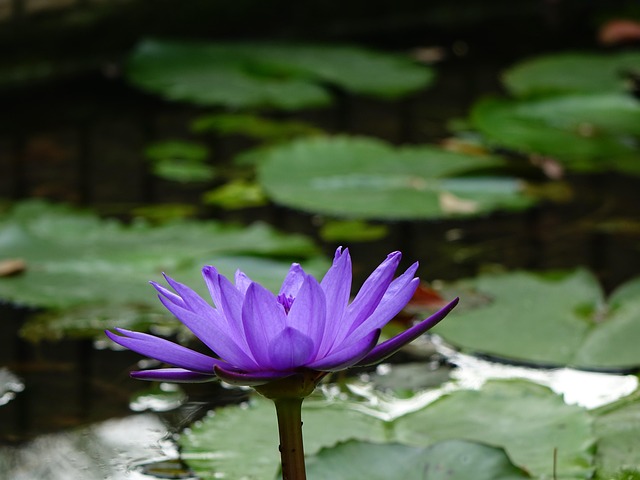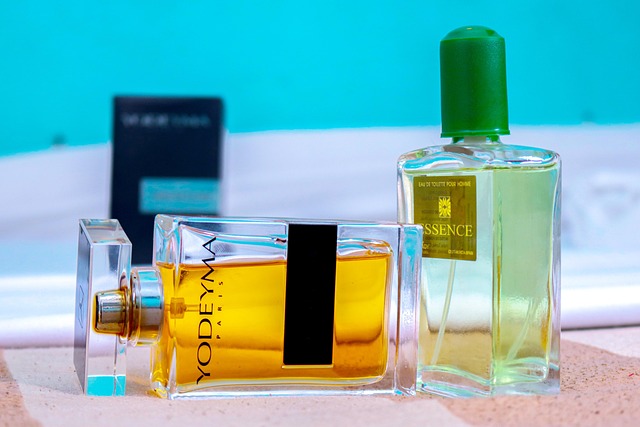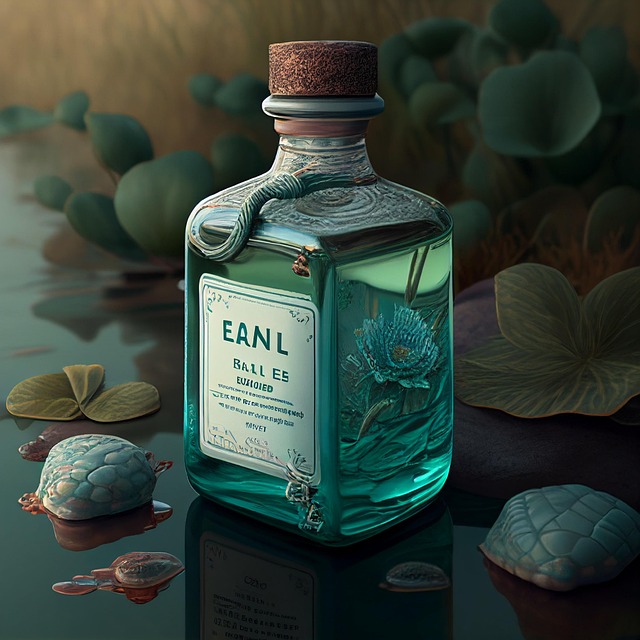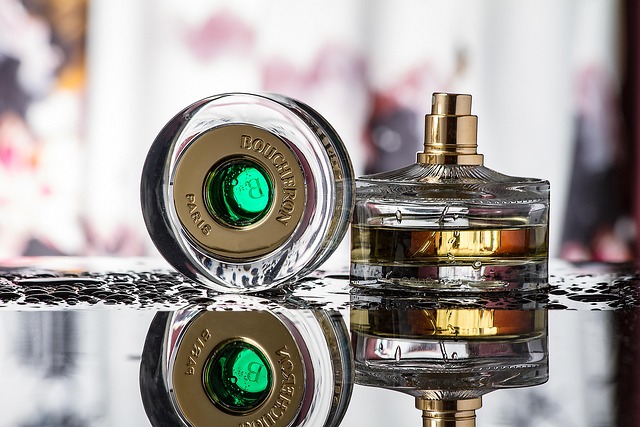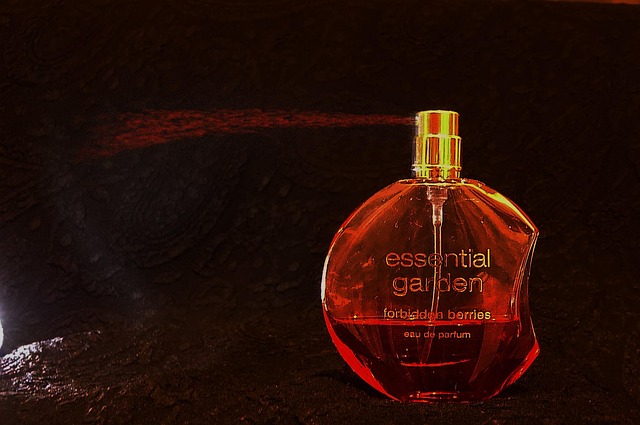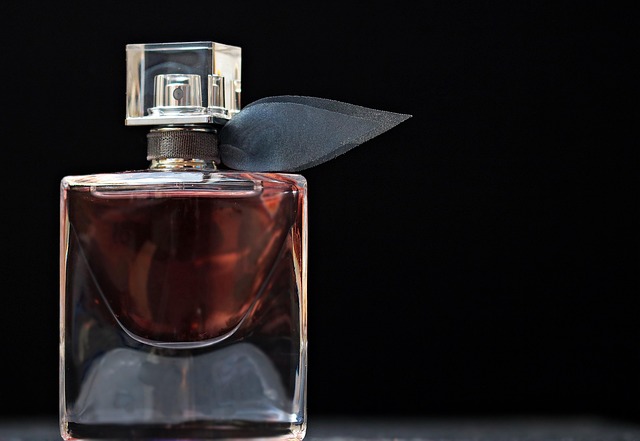Essential oils from plants offer diverse benefits and unique scent profiles, appealing to consumers seeking natural alternatives in fragrances like Jean Paul Gaultier Perfume. Synthetic ingredients, while widely used, raise concerns about safety and sustainability. Iconic scents like Jean Paul Gaultier blend essential oils and synthetics for distinct, long-lasting aromas. Understanding the difference between natural and artificial fragrances is crucial for choosing authentic experiences, with essential oils providing complex, organic scents lasting longer than synthetic compounds. Consumer demand for transparency and purity drives a preference for natural ingredients in popular perfumes like Jean Paul Gaultier.
In today’s market, understanding the difference between essential oils and synthetic ingredients is crucial when choosing perfumes. This article delves into the benefits and uses of essential oils, while also exploring the common types and concerns surrounding synthetic ingredients. We’ll analyze the composition of a renowned scent like Jean Paul Gaultier Perfume to highlight the distinction. Additionally, we’ll discuss health considerations, longevity impacts, and consumer preferences, empowering you to make informed choices.
- Understanding Essential Oils: Benefits and Uses
- Synthetic Ingredients: Common Types and Concerns
- Jean Paul Gaultier Perfume: A Closer Look at Its Composition
- Differentiating Natural from Artificial Fragrances
- The Impact of Ingredients on Scent Longevity
- Health and Safety Considerations: Essential vs. Synthetic
- Consumer Preferences: Choosing an Authentic Scent Experience
Understanding Essential Oils: Benefits and Uses
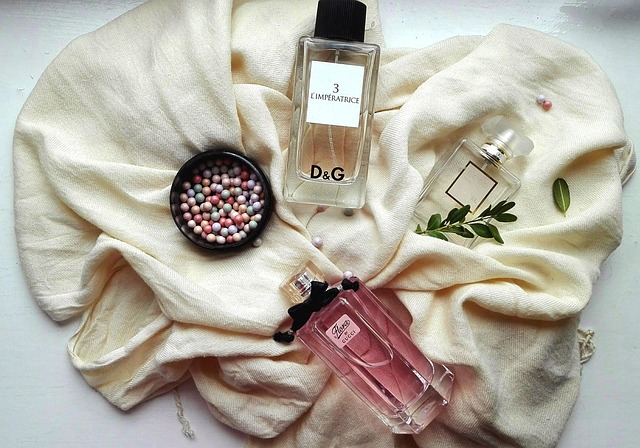
Essential oils, derived from plants, have gained immense popularity for their diverse benefits and uses, especially in fragrances like the iconic Jean Paul Gaultier Perfume. These natural extracts offer a wide range of advantages over synthetic alternatives, making them a preferred choice for many. One of the key benefits is their potent aromatherapeutic properties; they can uplift mood, reduce stress, and promote relaxation when used in diffusers or incorporated into various skincare products.
In the case of Jean Paul Gaultier Cologne, which has a distinct floral and fruity aroma, essential oils play a significant role in creating this signature scent. The delicate blend of bergamot, mandarin, and rose essential oils contributes to its freshness and sophistication. Unlike synthetic fragrances, essential oils are often more concentrated and longer-lasting, ensuring the perfume’s unique character remains intact over time. This natural approach not only enhances the sensory experience but also appeals to consumers seeking healthier, more environmentally conscious options.
Synthetic Ingredients: Common Types and Concerns
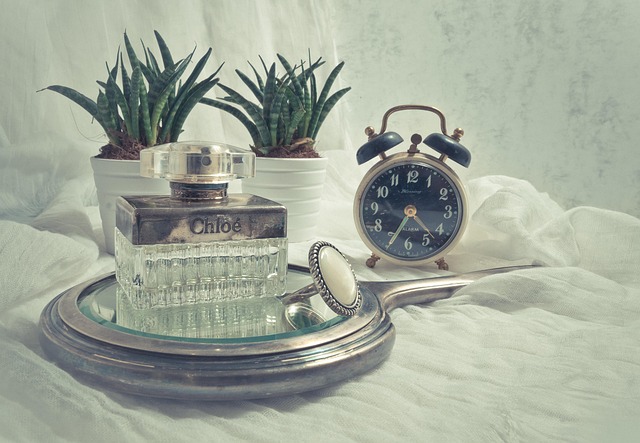
Synthetic ingredients are a prevalent concern in the perfume industry, especially when considering iconic fragrances like Jean Paul Gaultier Perfume and Jean Paul Gaultier Cologne. While natural essential oils have been used for centuries in perfumery, modern manufacturing often relies on synthetic alternatives. These substances mimic natural aromas but come with distinct drawbacks.
Common types of synthetic ingredients include aldehydes, which are known for their sharp, pungent odor and are frequently used as a base note to create a fresh scent. Esters, another category, offer fruity and floral notes but can be irritating to the skin due to their high acidity levels. Additionally, synthetic musks provide a warm, powdery aroma but have raised environmental and health concerns due to their persistence in water bodies. The use of these compounds raises questions about product safety and sustainability, especially as consumers demand more transparency from brands.
Jean Paul Gaultier Perfume: A Closer Look at Its Composition
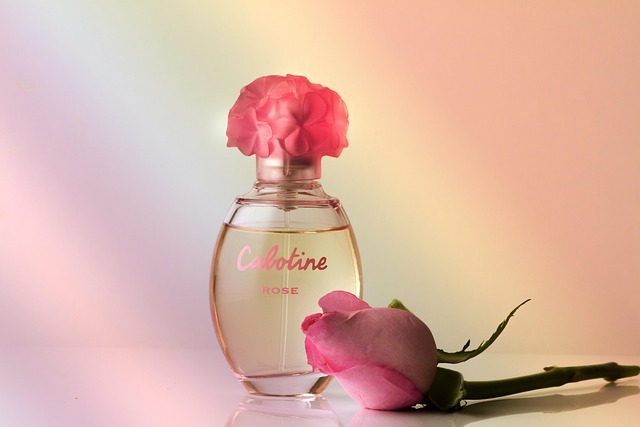
The iconic Jean Paul Gaultier Perfume has captivated senses for decades, leaving an indelible mark on the fragrance industry. This perfume is renowned for its unique and daring composition, which sets it apart from many of its mainstream counterparts. At the heart of its allure lies a delicate balance between essential oils and synthetic ingredients, each playing a crucial role in crafting this aromatic masterpiece.
When it comes to the Jean Paul Gaultier Cologne, the brand employs a strategic blend of both natural and artificial components. Essential oils, known for their pure and potent aromas, contribute to the perfume’s initial burst of fragrance. These include notes of citrus, which provide a fresh opening, and various floral essences that add depth and sophistication. On the other hand, synthetic ingredients play a vital role in extending the scent’s longevity and creating its distinctive character. This combination allows Jean Paul Gaultier Perfume to offer a nuanced and memorable olfactory experience, solidifying its reputation as a true masterpiece of fragrance creation.
Differentiating Natural from Artificial Fragrances
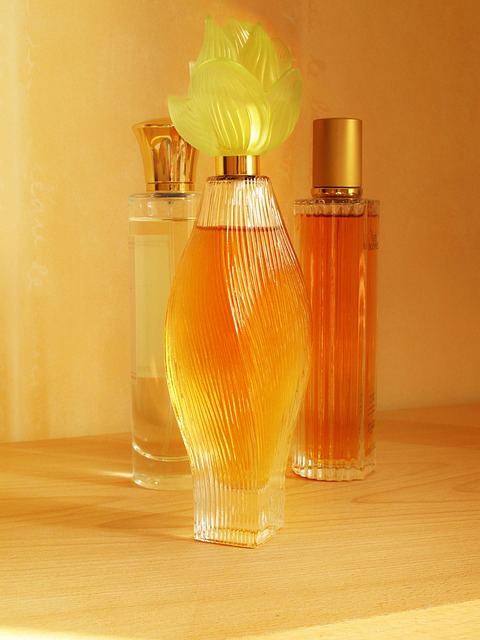
The world of fragrances offers a delightful sensory experience, but understanding the difference between natural and artificial scents is essential for consumers seeking authentic aromas. Natural fragrances are derived from plant-based sources, such as flowers, fruits, herbs, and spices, capturing the essence of nature in a bottle. These perfumes often evoke a sense of freshness and authenticity, with each ingredient contributing to a unique olfactory experience. On the other hand, artificial or synthetic fragrances are created in laboratories using man-made chemicals to mimic natural scents. While they can replicate popular fragrances like Jean Paul Gaultier’s iconic cologne, the process lacks the organic touch.
For instance, take Jean Paul Gaultier Perfume, renowned for its unique and memorable scent. The original formulation likely combines carefully selected essential oils, each with its distinct character, creating a complex aroma. In contrast, imitations or cheaper versions might rely heavily on synthetic ingredients to replicate the top notes, middle, and base of the original, resulting in a less nuanced and shorter-lasting fragrance. Recognizing this distinction empowers consumers to make informed choices, ensuring they experience the true essence of a perfume rather than an artificial replication.
The Impact of Ingredients on Scent Longevity

The choice between essential oils and synthetic ingredients can significantly impact the longevity of a fragrance’s scent. Essential oils, derived from natural sources like plants and flowers, offer a more organic and complex olfactory experience. They tend to evaporate slowly, allowing for a gradual release of aroma that can last for hours or even days. This is why many high-end perfumes, such as Jean Paul Gaultier’s signature scents, often rely on essential oils to create lasting impressions. The natural compounds in these oils not only contribute to the perfume’s complexity but also ensure its scent lingers on the skin, creating a memorable and distinctive olfactory journey.
In contrast, synthetic ingredients, while offering a vast array of aromatic possibilities, may not have the same longevity. They can provide intense, immediate scents that fade quicker due to their rapid evaporation rates. Jean Paul Gaultier Cologne, for instance, might use synthetic fragrances to create bold, unique notes, but these could require touch-ups throughout the day. The art of perfumery lies in finding the perfect balance between essential oils and synthetics to achieve both an enchanting scent and optimal longevity, ensuring that a single application can transport wearers through a day filled with memories and olfactory delights.
Health and Safety Considerations: Essential vs. Synthetic

When it comes to health and safety considerations, choosing between essential oils and synthetic ingredients in fragrances like the renowned Jean Paul Gaultier perfumes is an important decision. Essential oils, derived from natural plant extracts, are often promoted as more organic and safer alternatives due to their therapeutic properties. They contain potent compounds that can provide numerous benefits for skin and hair health, including antibacterial, anti-inflammatory, and antimicrobial effects.
However, synthetic ingredients have their merits too. Many perfume houses, such as the creators of Jean Paul Gaultier Cologne, meticulously craft fragrances using synthetic compounds that mimic natural scents or create entirely new and unique aromas. These synthetic elements undergo rigorous testing for safety and stability, ensuring they are non-irritating and suitable for a wide range of consumers. While some may prefer the all-natural approach, others appreciate the precision and consistency offered by synthetic perfumery, making it a preferred choice in the industry.
Consumer Preferences: Choosing an Authentic Scent Experience
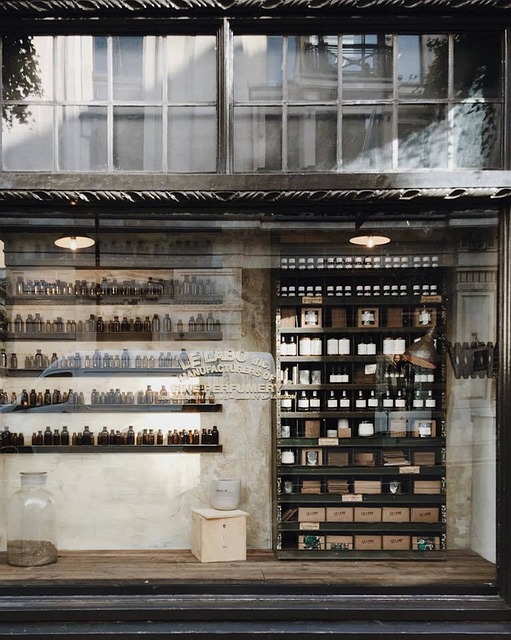
In today’s market, consumers are increasingly discerning when it comes to the products they use, especially those intended for personal care and enjoyment, like perfumes and colognes. One key aspect that has gained prominence is the preference for authentic scent experiences, driven by a growing awareness of the ingredients in their products. This shift is particularly notable among fans of iconic fragrances like Jean Paul Gaultier Perfume and Jean Paul Gaultier Cologne, where the demand for high-quality, natural components is on the rise.
When choosing a perfume or cologne, many consumers are now looking beyond the scent itself to the composition and quality of the ingredients. They seek products that boast authentic notes derived from essential oils rather than those crafted with synthetic ingredients. This trend reflects a broader desire for transparency and purity in personal care products, ensuring that the fragrances they wear are not only pleasant but also ethically sourced and potentially healthier alternatives. For instance, Jean Paul Gaultier’s iconic scents have earned their loyal following by seamlessly blending recognizable notes from essential oils, offering a unique and authentic olfactory experience.

